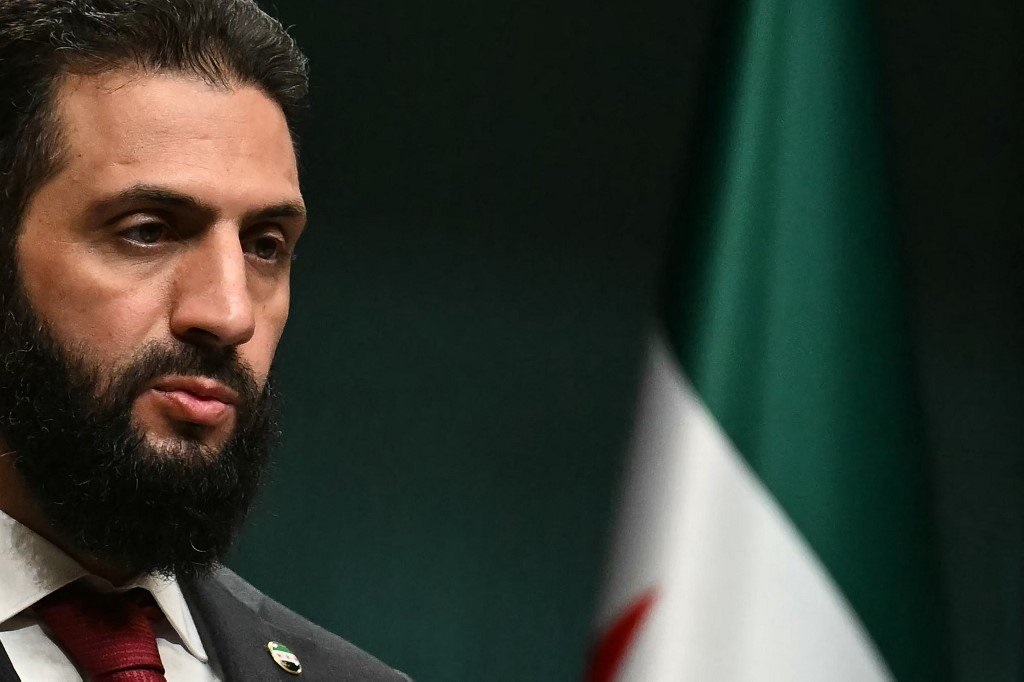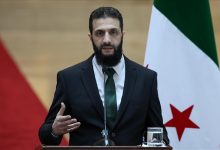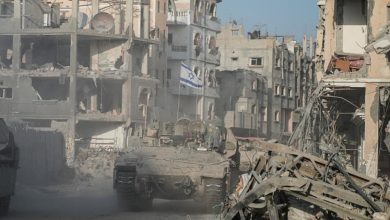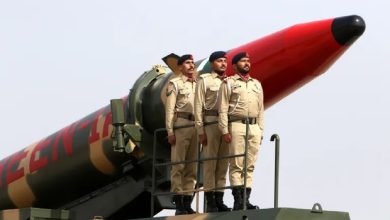Syria’s President Ahmed al-Sharaa’s UAE Visit Signals Shift in Relations
Syrian President’s official visit to Abu Dhabi raises questions over UAE’s new stance towards Damascus, amid a surprising diplomatic turnaround.
Watan-In a move that confused observers and followers, Syrian President Ahmed al-Sharaa made an official visit to the United Arab Emirates, where he was warmly received by Abu Dhabi Crown Prince Mohammed bin Zayed. This gesture was widely understood as a sudden shift in Abu Dhabi’s stance towards the new Syrian leadership.
Al-Sharaa met with Mohammed bin Zayed at the Al-Shatie Palace in Abu Dhabi, after being greeted by Emirati Foreign Minister Abdullah bin Zayed upon his arrival at Al Bateen Airport. During the meeting, bin Zayed emphasized that “the UAE supports Syria in facing the challenges of the transitional phase,” adding that “Syria’s stability is in the interest of the entire region.”
Despite the official and positive diplomatic statements, the reactions on social media were fiery and full of questions. Many pointed out the clear contradiction between the UAE’s official positions now and the previous online campaigns of incitement and attack led by Emirati electronic trolls against al-Sharaa since he took power.

Emirati Stance Shift Fuels Suspicion Amid Al-Shara’s Visit
Previous tweets from prominent figures in the Emirati scene, such as Abdulkhaleq Abdulla and Mohammed Taqi, had fiercely criticized al-Sharaa and questioned his legitimacy. However, these tweets suddenly shifted to welcoming and praising remarks after the visit, a change exposed by users comparing old and new screenshots that clearly show the flip in positions.
The new Emirati stance didn’t convince everyone; it only fueled suspicions among observers about the true intentions behind this sudden opening. Some considered the step to be an attempt to politically reposition in the Syrian file, following changes in regional and international equations.
While the UAE promotes the visit as part of efforts for “Arab rapprochement” and “reconstruction,” others see it as just a new deal of interests being managed above the table, after years of incitement campaigns conducted beneath it.
So, is this the beginning of a new alliance? Or merely a ceremonial gesture in a politically forced moment?






